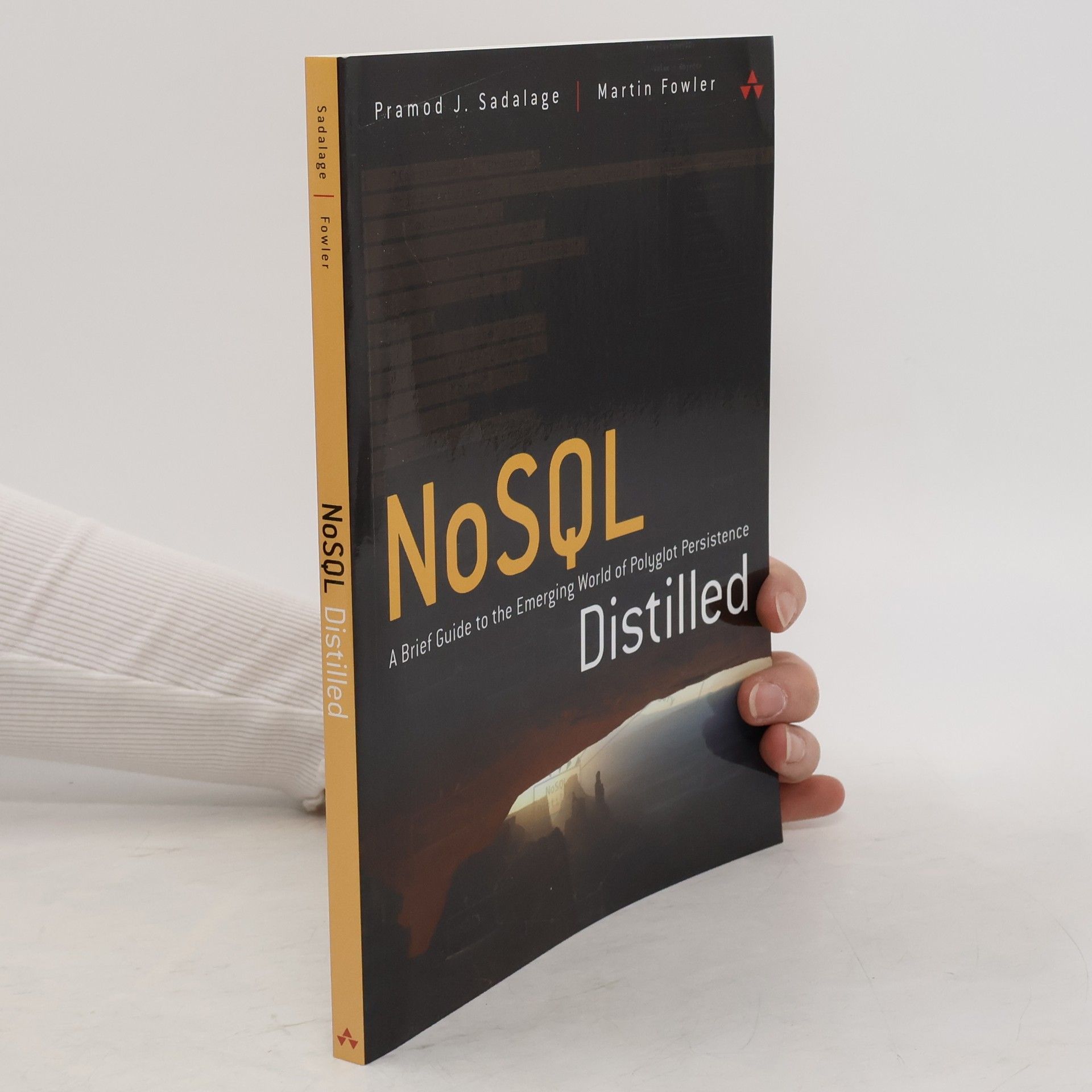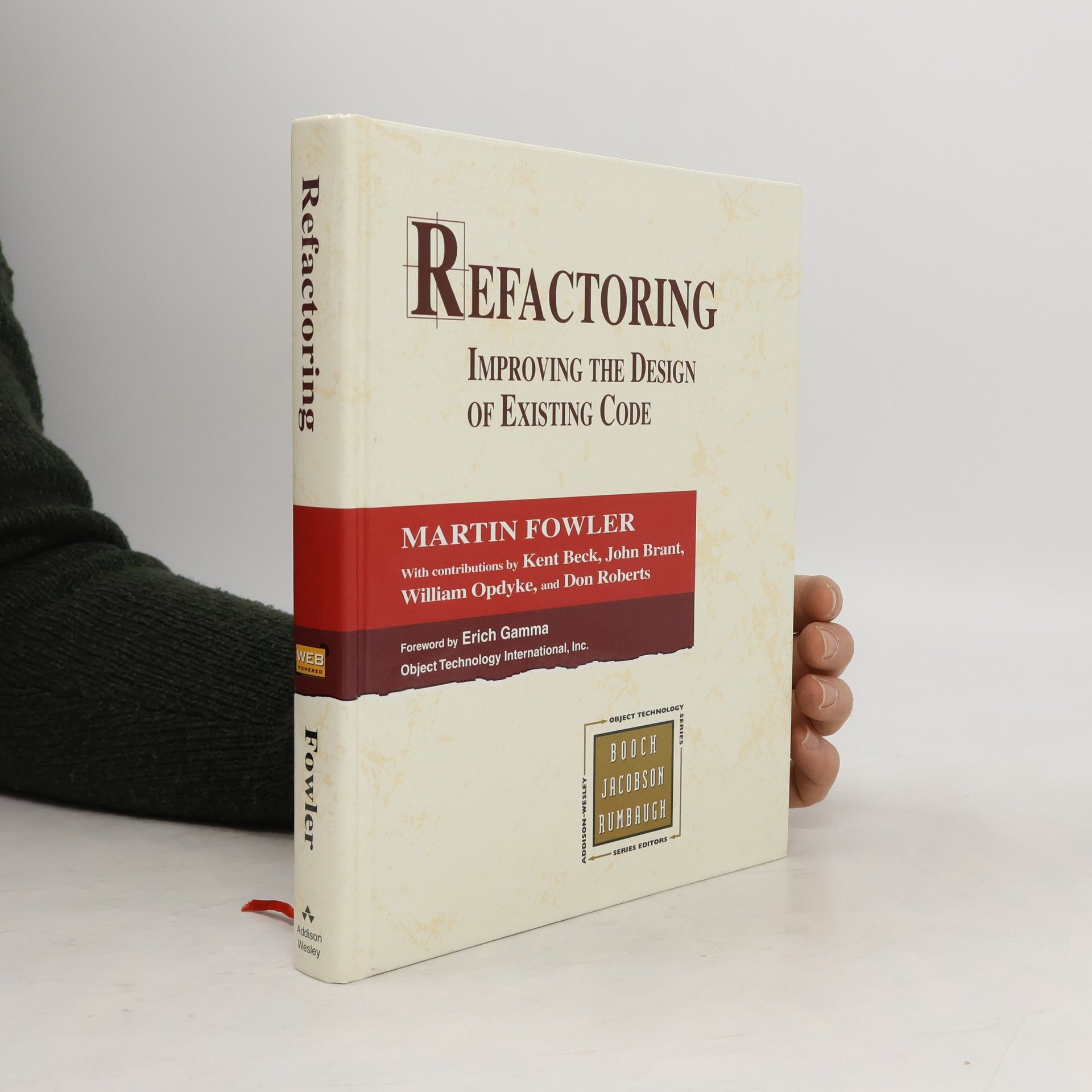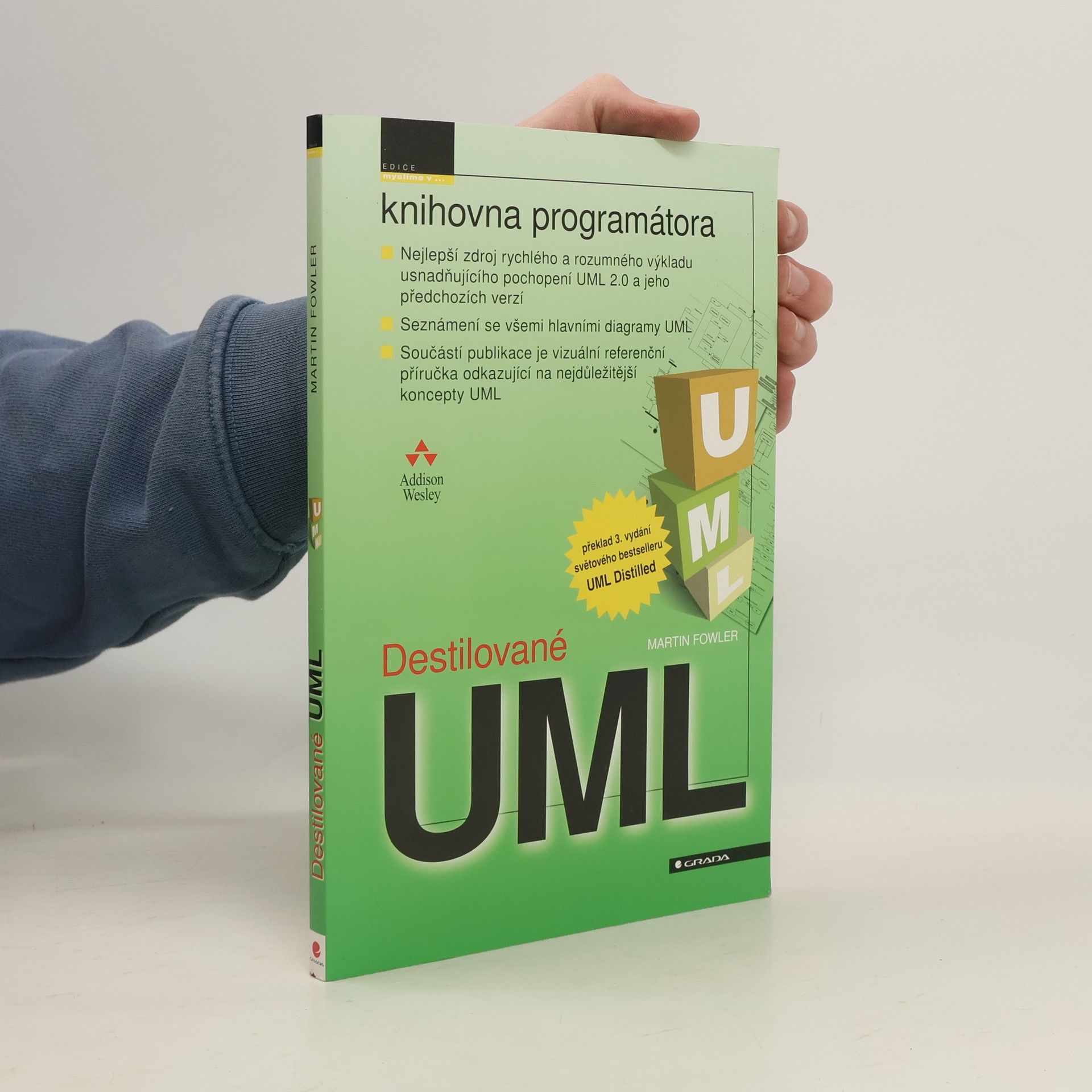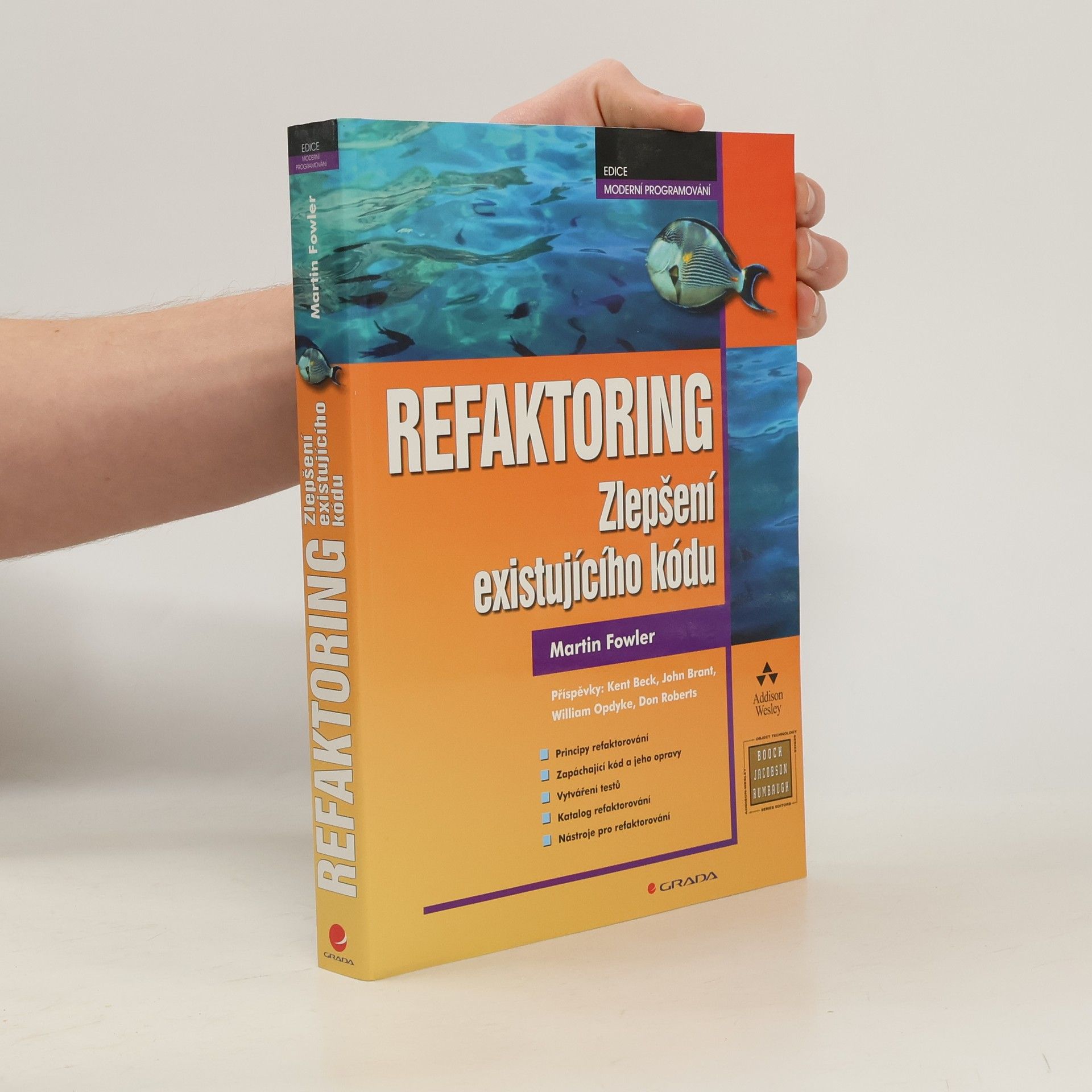Refaktoring. Zlepšení existujícího kódu
- 394 stránek
- 14 hodin čtení
Refaktoring nás učí, jak upravit stávající ne příliš šťastně navržené programy tak, abychom z nich získali programy, které sice budou dělat totéž, avšak jejich nový návrh umožní snadnější udržovatelnost a modifikovatelnost, čímž výrazně sníží náklady na jejich budoucí provoz. Refaktoring je jedním ze zaklínadel učebnic moderního programování, které již dopředu počítají s tím, že se nám nepodaří navrhnout systém hned napoprvé optimálně, a proto nás seznámí s postupy, jak později tyto počáteční nekvalitní návrhy optimalizovat.










